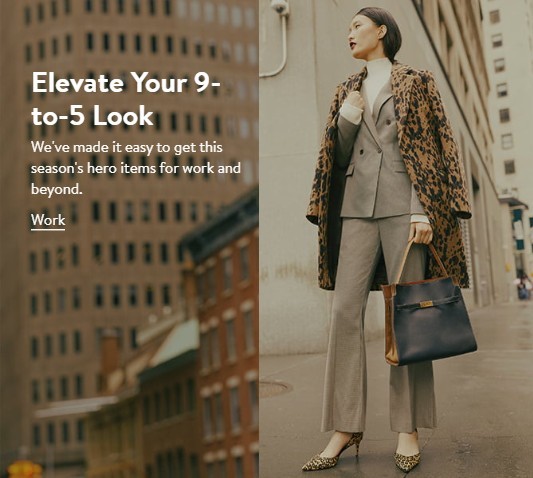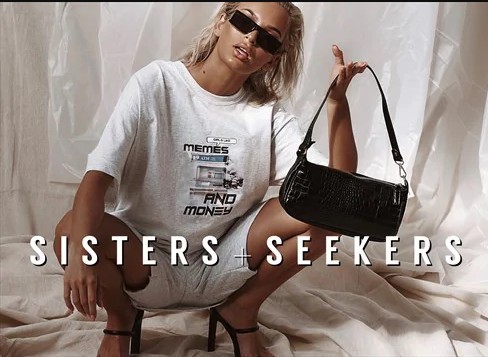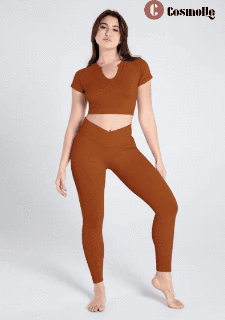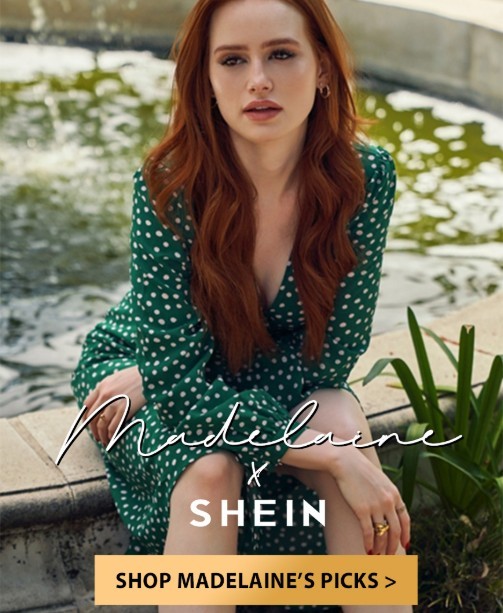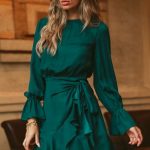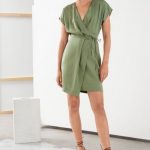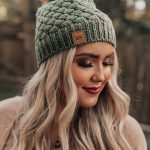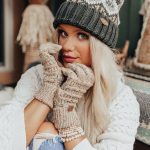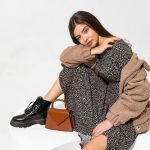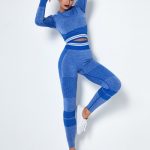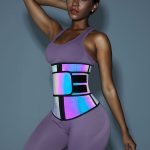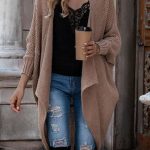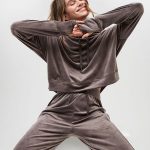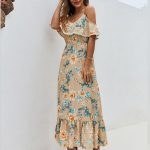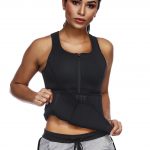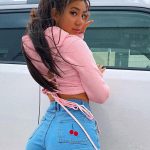Native American protesters stand outside the Phoenix office at Yandy.com, a retailer of “sexy Native American” clothing. For some ethnic and racial groups, Halloween has long been plagued by clothing that perpetuates stereotypes and examples of cultural possession.
PHOENIX – NBC talk show host Megyn Kelly’s comments on Halloween’s black face rekindled the debate over clothing across the race and the appropriateness of various movie and TV characters such as “Black Panther” Where.
The issue has reverberated on social media, and the magazine’s article is about whether the “black panther” is suitable for white children’s clothing to protest against the long-standing stereotypes of Native Americans. The debate in social media focuses on whether political correctness undermines the spirit of the festival.
The impact on Kelly was quick, and Kelly questioned on her show why the black face of Halloween was racist: NBC said on Friday that it cancelled “Megyn Kelly Today.” She did not receive support from NBC colleagues, including Al Roker, who called on her to apologize to people of color across the country. He was later asked on Twitter whether a woman’s white son could dress up as his idol “black panther.”
“Of course. Just don’t try to put on a dark look,” Roker wrote.
Others have joined the subject, including Jeff Schwartz, whose 7-year-old white son also wants to wear the thorny suit of Marvel.
“We should encourage our children to have black heroes, whether they are white or black. This is healthy,” Schwartz told the Associated Press.
Some articles warn white parents to stay away from such a choice, thinking that although the legendary hometown of the Panthers “Wakanda” is not a real place, the character’s race is crucial to his identity.
Elise Barrow, three black mothers in New York City, said she and her husband tried to convince their 5-year-old son to become a black panther, but he chose to become a dinosaur. Barro said she was torn apart by the debate.
“Children want to be the people they want to be. I won’t stop them,” Barro said. “If my son wants to be Captain America, I won’t refuse.”
In recent years, similar problems have appeared in the ancient Polynesian cartoon “Moana” and Pixar’s “Coco”, which is centered on the Mexican boy Miguel and his family. A few months before the release of “Moana’s” in November 2016, Disney launched a Maui-based outfit based on Dwayne Johnson’s voice. The ensemble includes brown bodysuits, Polynesian tattoos and faux skirts. Some people think that it is annoying to let children wear skin of another race.
Jim Quirk, three white fathers in São Paulo, Minnesota, said that adults should stop paying attention to race and gender issues and put them in essence as “children’s holidays.”
“They want to be princesses, doctors, panthers, etc.,” Quaker said. “They do this because they want to be like them. Adults put meaning on these things.”
But he admits that there are some things online, such as black faces.
“You shouldn’t be disrespectful,” Quaker said.
Summoning cultural occupation is the driving force behind Amanda Blackhorse, who has long opposed the use of native images to make mascots and logos. On Wednesday, Blackhorse and others demonstrated at Yande.com’s Phoenix headquarters, an underwear company that has been selling “sexy” local apparel, including a clothing sold under the “Chief Wansum Tail.”
Her team published an online petition with thousands of signatures calling on Yandy to stop using Native American culture as a costume.
“People always observe or see aborigines through stereotypes – through headwear, deerskin and edges,” Blackhorse said. “This company is continuing this. They think who we are. They don’t think we are different tribes.”
The organization hopes that Yandy will stop propaganda, issue an apology and donate all the proceeds of the garment to institutions that help Native American women. Yandy’s spokesperson did not respond to the message for comment.
Yandy is far from being the only retailer to offer such clothing. Amazon and other major websites offer Halloween costumes based on Asian stereotypes, such as geisha or “Mrs. Dragon.” There are also Mexican-style clothing, including ponchos, sombrero and moustache and “sexy senorita” dresses.
At the same time, Kelly’s comments made many people angry.
“When I was a kid, it would be great if you dress like a character,” Kelly said in a discussion with the All White Group.

